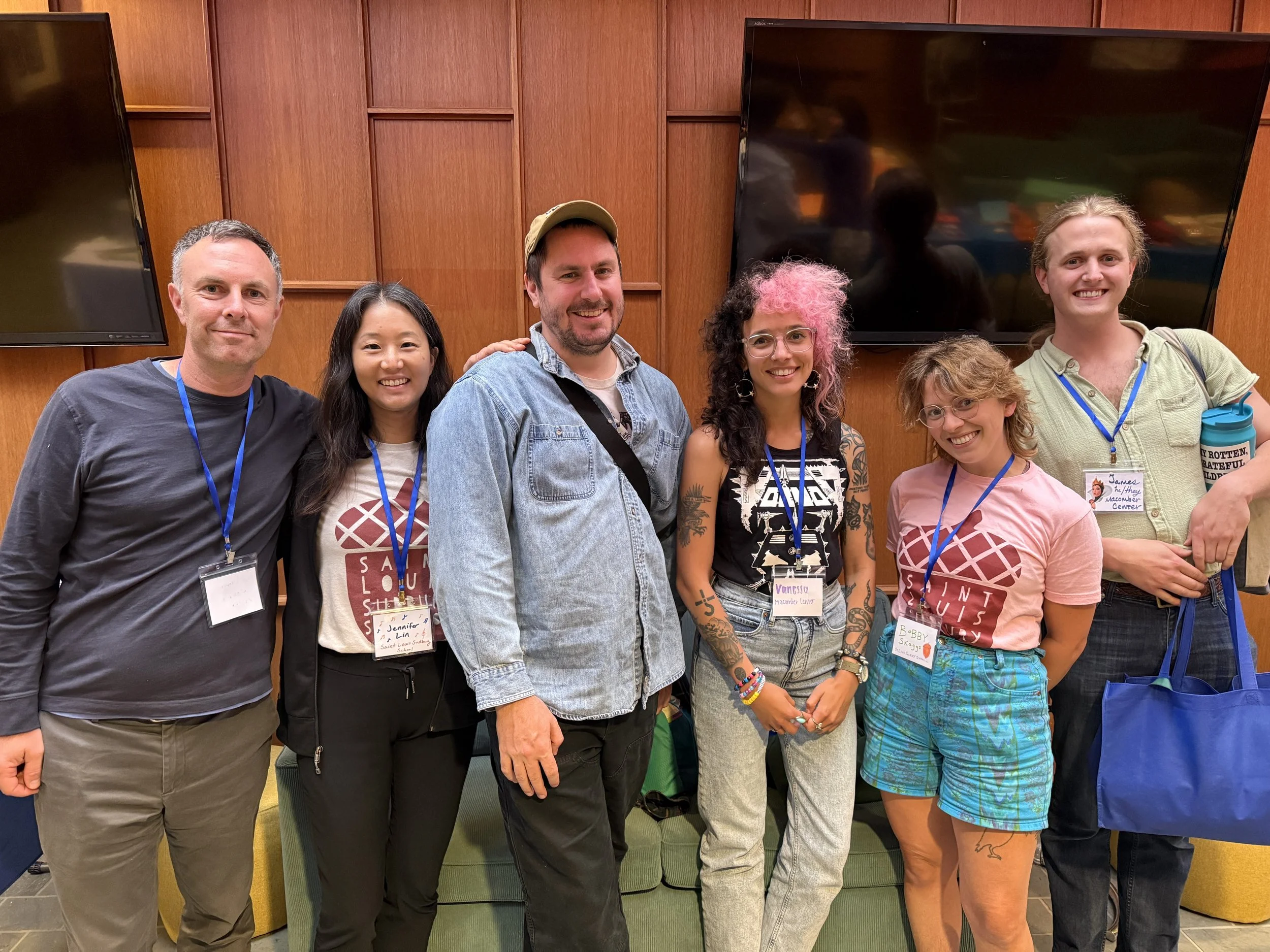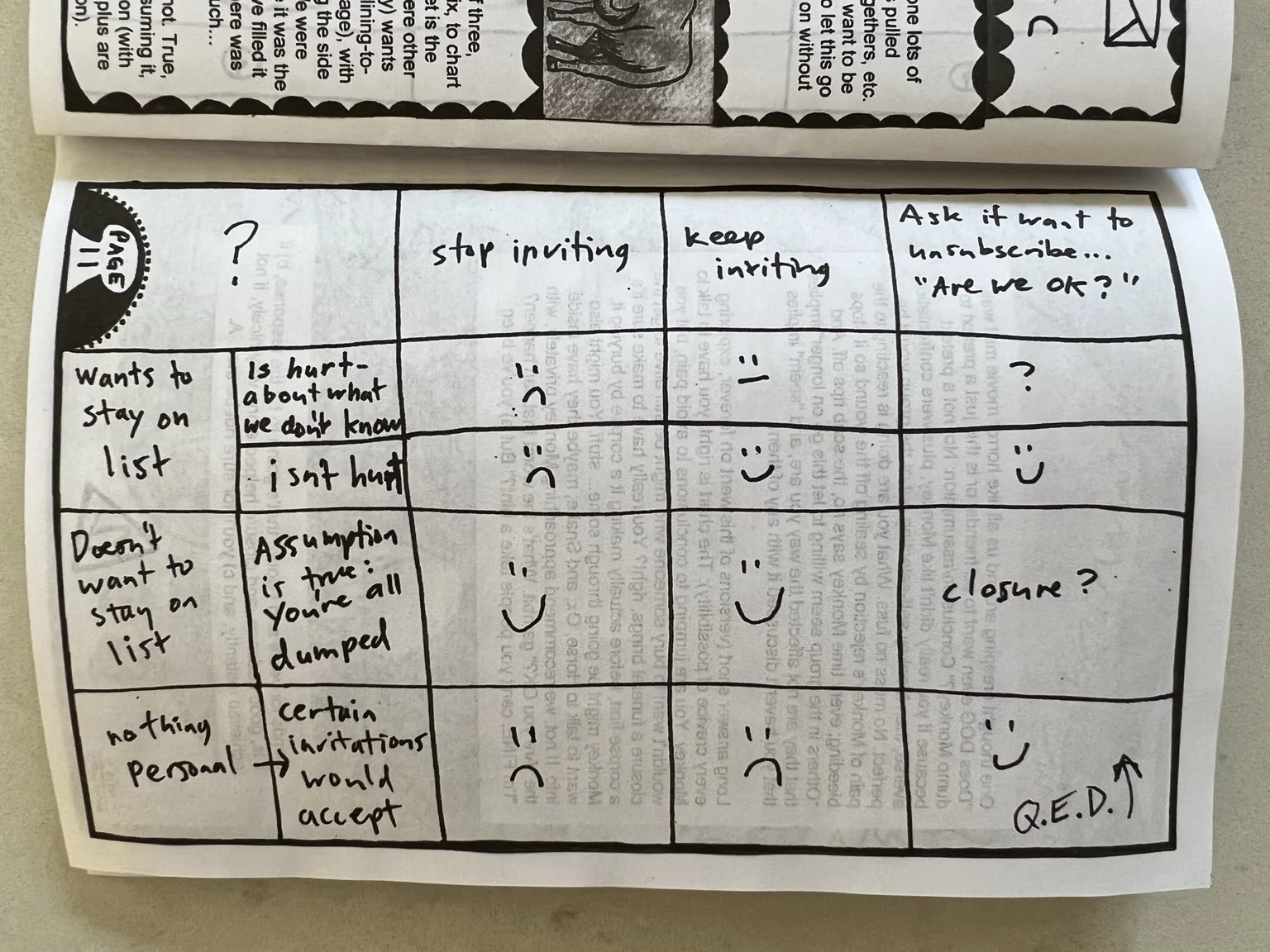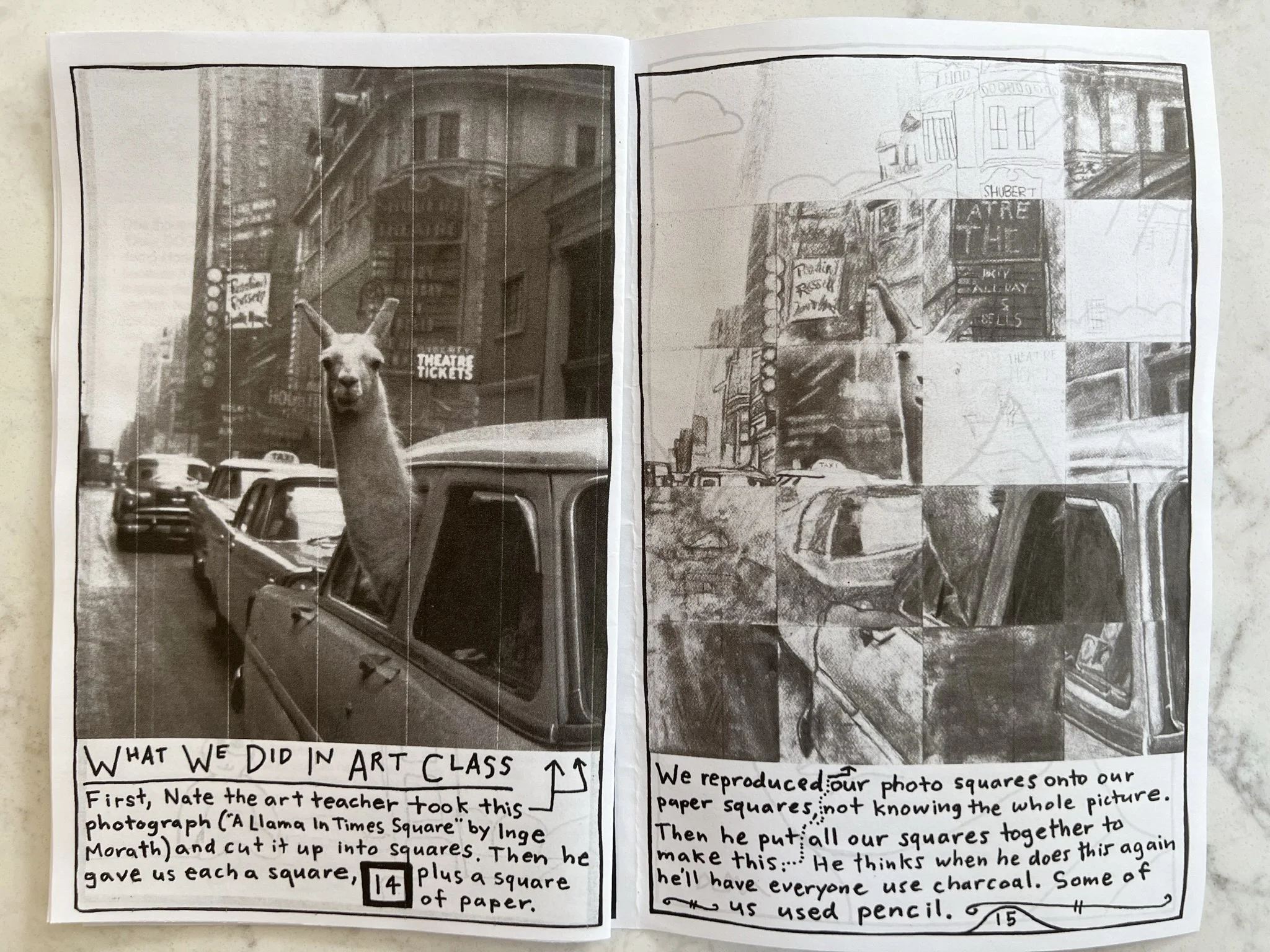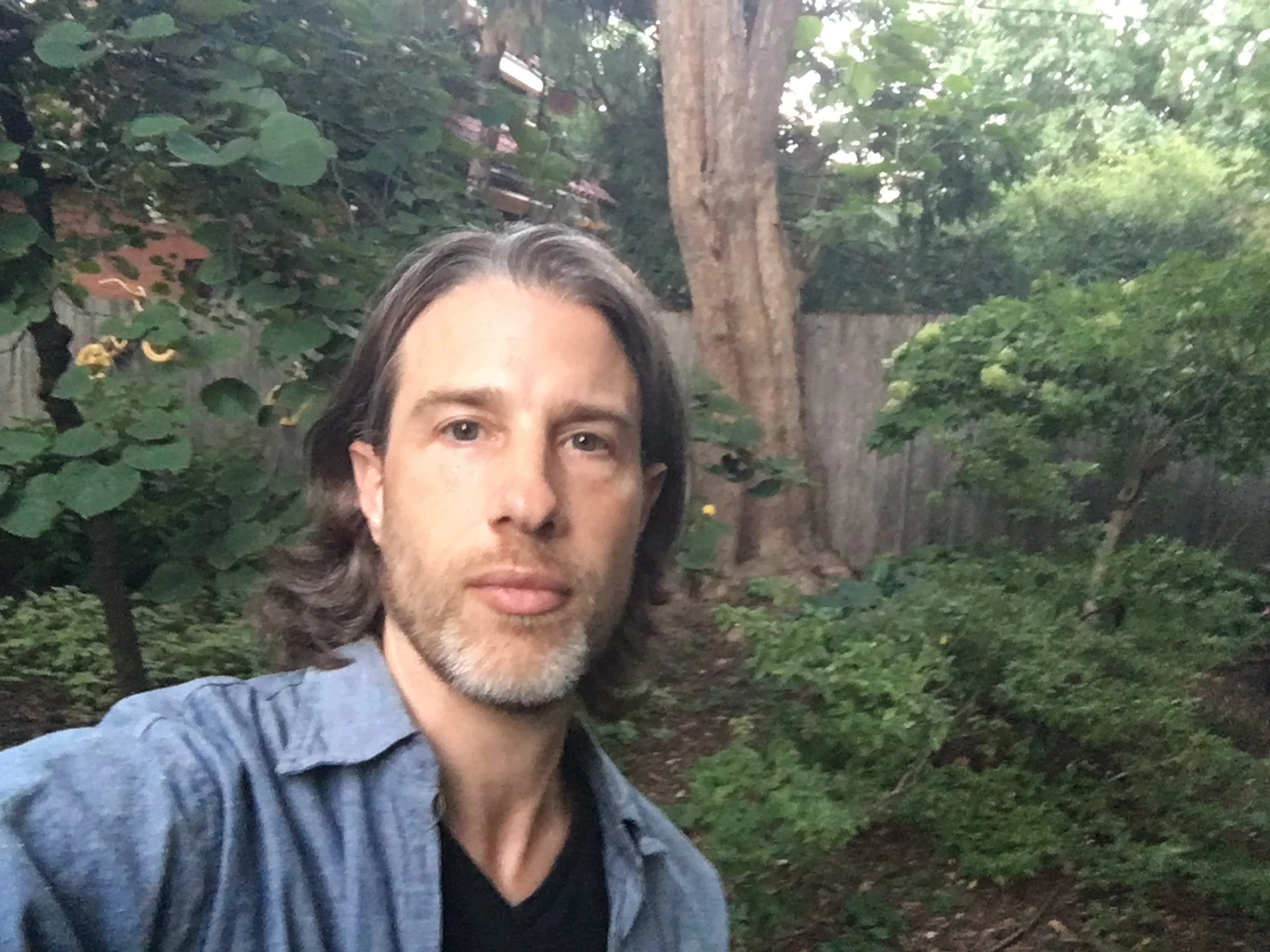We recently asked Jamal, the current chair of Safety Committee, about the committee’s responsibilities, what he likes about it, some challenges that are part of the job, and more. (Note: the following responses were written by 15 year old Jamal who has not taken any formal writing and/or literature classes for almost 3 years.)
What is Safety Committee and why does Sudbury have one?
Safety Committee is made up of generally two students who are responsible for keeping the students and adults safe at school. There’s a chair, which is me, and a co-chair, which is currently an empty position. We take safety very seriously while also leaving as much room as possible for student’s freedom and will to explore the world.
What do you do?
I do a ton for Safety Committee. A lot of it is just things that no one else wants to do, but here are a few of the things I do on a regular basis for the committee. I text parents about field trips and school cancelations; run Safety Committee meetings where we might make rules/policies regarding safety; help students with scrapes or cuts; hand out off-campus emergency lanyards during our off-campus adventures; attend parent/student conferences regarding safety concerns; and much more.
How do you get to be on it?
Safety Committee is unlike most of the other committees, in that not just any student may be elected to be on Safety Committee at the monthly elections, because Safety Committee members have such high responsibilities. If a student wants to run for the committee at elections, they must first complete the Safety Committee training program which is an apprenticeship with the current committee members. The apprentice will learn the responsibilities of Safety Committee and be trained on how to execute those tasks. If and when we decide the apprentice is ready to be on the committee, they will be allowed to run for the Safety Committee at the next elections.
What do you like about Safety Committee?
When I first joined Safety Committee, there really wasn’t a ton of structure or specific responsibilities that the committee was in charge of. Since I joined, I’ve built more structure to Safety Committee and a more specific job description. I love how I had the freedom to do that without adults forcing me to follow an already set structure and some responsibilities list. I love how I get to complete most Safety Committee tasks on my own terms without an adult telling me when to do things. I also get to work a lot with Sudbury’s two amazing staff members, and that’s always nice to know they have my back, especially during this time where there is currently no student co-chair on the committee. And lastly, I’ve really enjoyed watching students, especially the really young ones come to me first, more and more, as soon as they’re concerned about something.
What are some aspects of Safety Committee that are challenging?
I’ll often get really busy with Safety Committee responsibilities and it can get overwhelming with how many things I have to complete. I’m not the best at delegating low-stake responsibilities to the other students, because it takes more energy and stress for me to do that instead of just doing the responsibility myself. Usually there’s another member on the committee to help me complete responsibilities and delegate responsibilities to others, but since I’m currently the only member, that makes it a lot more challenging for me.
What have you learned about yourself working on Safety Committee?
I’ve discovered what I want to do for a living one day from working on Safety Committee for so long and enjoying it so much. One day, I want to have a job that involves keeping people safe, specifically young people.
What was one of your favorite Safety Committee memories when you felt that you made a difference?
A lot of my favorite Safety Committee memories contain confidential information that can only be discussed by Staff and Safety Committee Members. So here’s one of my favorite memories that’s not confidential!
One time a student came running over to me and with panic in their voice said, “there’s a wasp in the dance studio!” I grabbed a cup and a piece of paper, and the two of us went over to the dance studio, trapped the wasp in the cup, then let it go out the window. The dance studio was safe. Whew!
**An overview of committees at Saint Louis Sudbury School** (excerpted from our enrollment packet)
Many tasks have to be performed on a regular basis to keep our school running smoothly. Some jobs can be done only by staff members; all other positions can be taken on by willing students.
Committees are groups led by two or more elected School Meeting Members, chair and co-chair(s), that take responsibility for events, materials, tasks, and equipment that support particular student interests and promote the safety of the community. They are formed by School Meeting Members as the need arises.
Some examples of Committees are: Safety Committee, Party Planning Committee, Technology Committee, Hiring Committee, and Judicial Committee.
Many of the committees are responsible for certifying students to use items or do activities that could be dangerous without proper training and guidance. All committee members are voted on by School Meeting at elections which take place on the first Wednesday of every month. Any School Meeting Member may run for almost any of the committee positions.
Safety Committee Meeting during a park day
Helping to keep Sudbury community members safe at the park



























